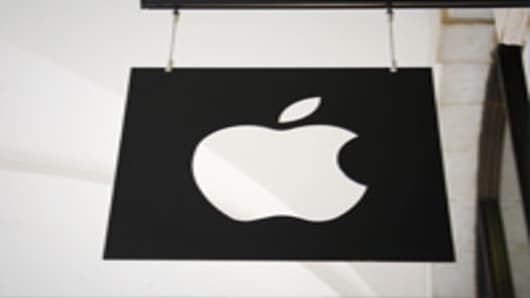Apple officials said the company is discussing ways to use the cash. There’s some speculation that they could use it to build out the supply chain, lending money to their suppliers to bolster productivity, or perhaps increase their investment in Apple TV.
Many investors, of course, would like the see the company pay a dividend. But the low multiple to earnings suggests that the market doesn’t see this in the offing.
The main problem with a company that has accumulated a huge amount of cash is the temptation to do something foolish with it. Acquisitions, for instance, tend to increase when companies find themselves with an abundance of cash. This seems unlikely in the case of Apple, since there appears to be few acquisition opportunities that wouldn’t raise antitrust concerns.
What most people do not appreciate about cash is that it is a strategic asset. Cash holdings might appear to do nothing in good times, but when credit constricts or markets wobble — and usually these things happen together — he who lives with the most cash wins.
It's tempting to think of Apple's cash hoard as a shield it can hide behind in tough times. But that's not quite right. It's more like a sword — a weapon to strike against weaker rivals.
Companies with large cash holdings are reliably able to capture market share from cash-constrained competitors. Where the cash-poor competitors are forced to cut costs, reduce marketing and slow expansion if consumer demand slows, the cash rich can pour even more resources into hiring, marketing and development. They can use a crisis as an opportunity.
This is competition at its bloodiest. You can see why so many of the other top tech companies — such as Google and Microsoft — are also accumulating cash. They are all attempting to assure that if global markets take a downturn, they can keep flying high.
Questions? Comments? Email us atNetNet@cnbc.com
Follow John on Twitter @ twitter.com/Carney
Follow NetNet on Twitter @ twitter.com/CNBCnetnet
Facebook us @ www.facebook.com/NetNetCNBC



